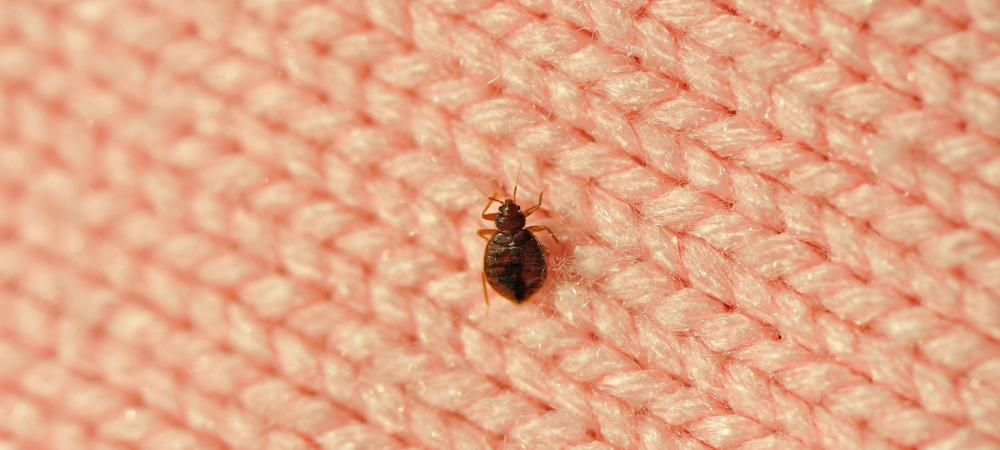Why Are Bed Bugs Bad?

Just the mention of "bed bugs" is enough to make most people shudder. These tiny, blood-sucking pests have plagued humanity for centuries, inflicting discomfort, irritation, and even anxiety upon those unfortunate enough to encounter them. But why are bed bugs considered so bad? In this blog, we'll delve into the reasons behind the notorious reputation of these unwelcome house guests.
Health Risks
One of the foremost reasons bed bugs are considered bad is the potential health risks they pose. While bed bugs themselves are not known to transmit diseases directly to humans, their bites can lead to various health issues. For some individuals, bed bug bites can cause allergic reactions, ranging from mild itching and redness to severe skin rashes and blisters. Continuous scratching of these bites can also increase the risk of secondary skin infections, further exacerbating the problem.
Disruption of Sleep
Bed bugs are nocturnal creatures, meaning they are most active during the night when their human hosts are typically asleep. Their presence in bedding, mattresses, and furniture can lead to frequent disturbances during sleep as people wake up to itching sensations caused by their bites. Over time, this disruption can result in sleep deprivation, leading to fatigue, irritability, and decreased productivity during the day.
Psychological Impact
Beyond the physical discomfort they cause, bed bugs can also have a significant psychological impact on individuals and families. The mere thought of sharing living spaces with these elusive pests can trigger anxiety, stress, and paranoia. People may feel embarrassed or ashamed about having a bed bug infestation, leading to social isolation and avoidance of inviting others into their homes. Additionally, the arduous process of eradicating bed bugs can take a toll on mental well-being, causing frustration, helplessness, and even depression in severe cases.
Economic Burden
Dealing with a bed bug infestation can be a costly affair. The expenses associated with hiring professional exterminators, purchasing insecticides, and replacing infested furniture and bedding can quickly add up, placing a significant financial strain on affected individuals and families. Moreover, the loss of income due to missed work days resulting from sleep deprivation or the need to address the infestation further compounds the economic burden.
Difficulty of Eradication
One of the most frustrating aspects of bed bugs is their resilience and ability to evade eradication efforts. These pests can hide in the tiniest cracks and crevices, making them challenging to detect and eliminate completely. Traditional pest control methods may not always be effective against bed bugs, as they have developed resistance to many common insecticides. Consequently, eradicating a bed bug infestation often requires a meticulous and multifaceted approach, involving thorough cleaning, vacuuming, heat treatments, and professional intervention.
In conclusion, the detrimental effects of bed bugs extend far beyond mere annoyance or inconvenience. From health risks and sleep disturbances to psychological distress and financial strain, the presence of bed bugs in homes can have wide-ranging consequences for individuals and families.
Addressing an infestation promptly and effectively with a bed bug treatment company is crucial not only for alleviating immediate discomfort but also for safeguarding physical and mental well-being in the long term.

